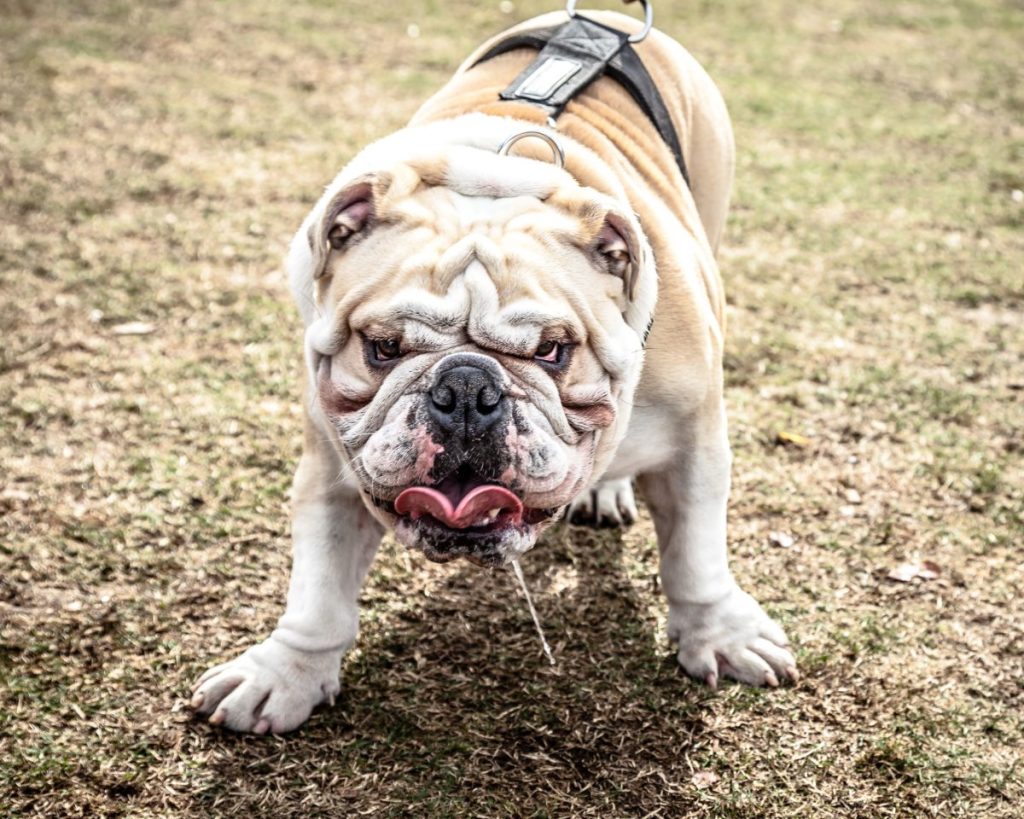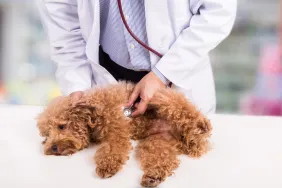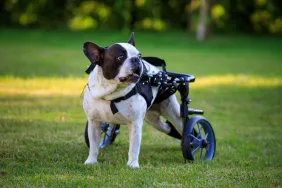Wheezing in dogs is a condition that happens when a dog’s normal flow of oxygen to the airways is blocked by something. This results in a dog making a whistling sound when breathing.
Some of the common causes include suffering from asthma, infections, and foreign bodies. Some cases might resolve on their own accord, but in cases where a lack of oxygen is the cause, the condition should be treated as a life-threatening one.
If your dog makes abnormal sounds or struggles to breathe, then you must get to a veterinarian for a proper diagnosis and advice. Here’s what you should know about the symptoms, causes, and treatments for wheezing in dogs.
Symptoms of wheezing in dogs
Wheezing in dogs almost always produces a sound that resembles whistling when a dog breathes. In most non-emergency cases, this only lasts a few seconds.
If the sound is continuous or your dog’s gums turn bluish in color, however, this can indicate that the dog isn’t getting enough oxygen. Pet parents should treat this as an emergency situation. Seek medical care immediately.
Causes of wheezing in dogs
There are a number of different potential causes of wheezing in dogs. Some of the most common causes include:
- Foreign object in the airways
- Infection (bacterial and viral)
- Allergies (such as to pollen, dust mites, and mold)
- Asthma
- Bronchitis
- Parasites (such as heartworms, nasal mites, and hookworms)
- Heart disease
Additionally, a collapsing trachea is another condition that can cause wheezing. Certain breeds of dog are most prone to developing this condition, including:
Treatments for wheezing in dogs
If you notice that your dog is wheezing a lot, your veterinarian will want to ask a lot of detailed questions about their medical history, including any breed-specific issues. A physical examination will be carried out, along with blood tests and potentially X-rays.
The precise treatment will depend on the underlying cause of the issue. If the problem involves a foreign body, the vet will carry out a procedure to remove the object.
In cases where allergies might be at play, your vet will attempt to take steps to isolate the precise allergy and might suggest medication and improvements to the home environment to deal with the problem.
In cases that involve an infection, vets will prescribe an appropriate course of medication. As always, if your vet prescribes your dog any medication, it is vital that you stick to the precise dosage and frequency instructions and complete the entire course of medicine.









